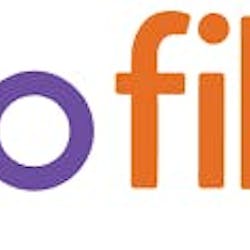In a notice of proposed rulemaking (NPRM), the FCC has formally begun the process of modifying or eliminating the utility-style Title II Open Internet Order issued in 2015 under the FCC's then-Chairman Tom Wheeler.
In a party-line vote, current FCC Chairman Ajit Pai and Commissioner Michael O'Rielly approved the NPRM, and Commissioner Mignon Clyburn dissented. Pai and O'Rielly both opposed the Title II order at the time of its adoption, and Pai pledged in a speech in April to undo the order. The full text of the Title II order is available at https://www.fcc.gov/document/fcc-releases-open-internet-order.
Today's NPRM proposes to:
- Reverse the FCC's 2015 decision to impose Title II regulation on Internet service providers (ISPs) and return to the "light-touch" framework under Title I of the Communications Act of 1934
- Return to the commission's original classification of mobile broadband Internet access service as a private mobile service
- Eliminate the "catch-all" Internet conduct standard created by the Title II order
The NPRM also seeks comment on whether the commission should keep, modify or eliminate the bright-line rules established by the Title II order.
The Title II order was widely unpopular among the service provider community, so today's NPRM has been well-received by industry groups.
The statement of Michael Powell, president and CEO of the NCTA, was representative of industry response. He wrote, in part: "Today's action appropriately begins the agency's efforts to restore a modern regulatory framework that will promote Internet freedom and ensure that the Internet continues to grow, thrive and remain accessible to every American. We firmly believe that forcing outdated public utility regulation on dynamic Internet networks is both misguided and harmful for future expansion, innovation and availability of this important technology."
Agreement was not universal, however, on how best to ensure an open Internet. While some parties favor a simple return to the pre-2015 framework, others would prefer a legislative solution so that the rules don't change every time a new administration comes into the White House.
Berin Szoka, president of TechFreedom, wrote in part: "Lawmakers should enshrine rules against blocking and throttling, enforced by either the FCC or the FTC, and deny the FCC a blank check over the Internet. Until Congress acts, telecom Groundhog Day will keep replaying over and over and over …. Absent legislation, or a clear Supreme Court decision in still-pending litigation, the question of the FCC's legal authority will simply keep ping-ponging back and forth depending on which party controls the FCC."





